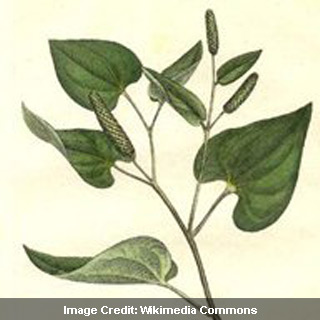
The plant-related compound piperlongumine (PL) is obtained from the fruit of a pepper plant that is presumably found in Southern India and Southeast Asia. It seems to kill cancer cells by ceasing the machinery that radiates high oxidative stress and the leading ROS.
Stuart L. Schreiber, a senior co-author and director of the Broad’s Chemical Biology Program specified “Piperlongumine targets something that’s not thought to be essential in normal cells. Cancer cells have a greater dependence on ROS biology than normal cells.â€
The scientists were interested in the gene p53 which appears to act as a tumor suppressor. They wished to locate compounds that will raise levels of the aforesaid gene. As they identified PL, they made an assumption that it worked by improving the p53 gene. But they were very surprised to see that the compound resulted in death of cancer cells irrespective of the presence of the protective gene. PL did not result in the death of normal cells.
According to another associate member of the research, the compound was novel in the sense that it could differentiate between cancerous and normal cells. Researchers believed that PL targeted a protein encrypted by a cancer causing gene that was being inhibited. But what they found was not an oncogene but an implied procedure on which cancer cells rely. Certain drugs do target oncogenes, however PL deteriorates a reliance that is apparently developed after oncogenes convert normal cells into cancer cells.
According to a co-author, the PL’s ROS-linked system is particularly useful for the transformed cancer cell. This puts forth the observed selectivity of PL. The investigators conducted a trial to test PL against cancer cells and normal cells programmed to cause cancer. In mice that were administered with human bladder, breast, lung, or melanoma cancer cells, PL prohibited tumor growth but showed no morbidity in normal mice. In another stringent trial that involves mice which automatically developed breast cancer, PL seemed to block both tumor growth and metastasis.
Contrarily, even high levels of the chemotherapy drug paclitaxel (Taxol) were seemingly less efficient. According to the scientists, PL supposedly decreases the enzyme activities that take part in oxidative stress balance in cancer cells, which cause the ROS level to go up above the entrance for cell death. They are hoping that this compound could be the first point for the development of a drug that will be advantageous to patients.
The next step of the research is to identify particular cancer genotypes that will be more reactive to this compound than others. The research is published online in July 13 issue of the journal Nature.
